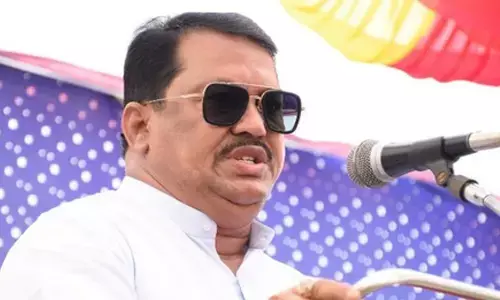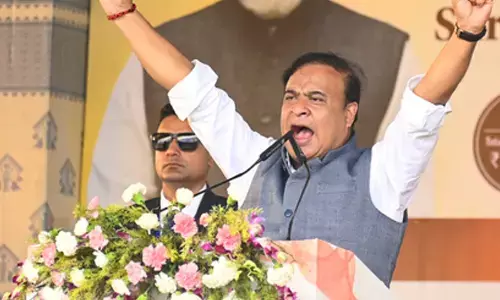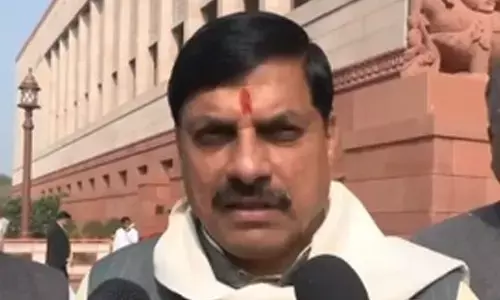Global peace shall be the single most agenda

There isn’t any normalcy yet. Developing economies, especially countries in the low-income bracket, are grappling to provide for vulnerable sections.
In recent years, the world which has been rocked by a spate of shocks, is yet to reel from the massive destabilisation triggered by the Covid pandemic, and has been saddled with global crude price spikes (with huge implications for inflation), fall in food production as well bottlenecks to global food supply due to geopolitical shocks such as Russia-Ukraine war. Millions have been caught in humanitarian distress due to conflicts, droughts, flooding, wildfires, cyclones, deadly disease outbreaks and other disasters.
There isn’t any normalcy yet. Developing economies, especially countries in the low-income bracket, are grappling to provide for vulnerable sections. While nations are already at a loss over how to stave off threats to global financial stability, came the inter-state conflict in Nagorno-Karabakh, involving Armenia, Azerbaijan, and possibly Turkey, Iran and Russia. Added to these, the continuing impact of climate change in the form of global warming touching new peaks, widespread wildfires, and uneven and uncertain rainfalls across the globe.
Wait, the picture isn’t complete yet. Growing fundamentalism and a series of coups in African countries, ostensibly fuelled by former colonial powers, are wreaking any semblance of order and economic revival in the Global South. Add to it a marauding dragon which is debt-trapping small nations. One may wonder wouldn’t all these crises suffice to wake up the powers-that-be in the comity of nations to the dangers of a severe economic and geopolitical war? They seem to be in a daze, and so is the UN itself.
Amidst this despondency, a war-like situation in the Middle East has thrust itself upon the world. The outrageous and daring air, sea and land offensive by Hamas on Saturday shocked Israel and left hundreds died or wounded. Expectedly, a massive retaliation by Israel on Gaza is said to have caused the toll to climb one thousand. Now, Hezbollah of Lebanon joined the attack on Israel, while Iran strongly backs Palestinians’ right to defend themselves against the Israeli aggression. The Two State solution suggested long ago has been a non-starter. Apparently, the continuing Jewish settlements is only aggravating more conflagrations of this sort. With neither side ready to step back, we may not see truce, leave alone peace, anytime soon.
It is being felt that the United Nations failure has never been so stark. Recall the famous words of its Preamble at its formation in October 1945: To save succeeding generations from the scourge of war. However, any UN failure to prevent such and other conflicts essentially means lack of cooperation among world powers, read Security Council members, and, of course, the stakeholders. The UN did help end umpteen conflicts across the globe. It does have mechanism to detect threats to international peace, but of late, in the wake of Russia-Ukraine war, polarisation in the Security Council is impeding any energetic efforts for mediation and preventive diplomacy to defuse any escalating tensions. This gave rise to long-smouldering global demands to overhaul the Security Council itself for international peace and security.
In 2023, there will be a global recession, like that in 2009. And it may continue in 2024 as well, warns the UN’s latest Trade and Development Report 2023. Unequal growth and inequalities will proliferate much faster in the face of conflicts or economic upheavals. One way or the other, sane leaders must rally like-minded nations to pursue global peace. Every failure means more pain and setback to sustainable development – and lack of rescue and relief in instances like Afghanistan where quake shave snuffed out over 2,000 lives.














